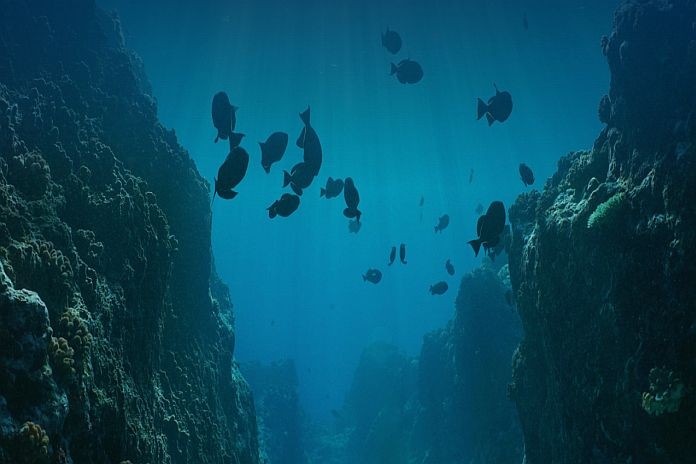PARIS, France, (UNWTO) – In a session on “Tourism in the Blue Economy” co-hosted with the United Nations Environment Programme (UNEP) and France, high-level representatives stressed how implementing a blue economy can combat the threats of climate change, plastic pollution and over-exploitation of resources. At the same time, the panel, representing Colombia, Kenya, Seychelles and Palau, made clear how a stronger focus on sustainability can help deliver more competitive and inclusive tourism activities.
Addressing the Summit, UNWTO Executive Director Zoritsa Urosevic, said: “Tourism is one of the pillars of the Blue Economy and plays a key role in the preservation of oceans by providing financial incentives and mechanisms to protect ecosystems. But we can, and must, do more. As part of the recovery, tourism shall play a key role in the regeneration of coastal and marine ecosystems for resilience, putting people at the center of our efforts.”
Opportunity out of crisis
At present, tourism represents 40 percent of the blue economy – as the largest share in export value according to the United Nations Conference on Trade and Development (UNCTAD). Global tourism’s restart and recovery from the impacts of the pandemic represents an opportunity for the sector to support the transformation of coastal and marine destinations towards more sustainable and resilient models that are anchored on ocean protection and responsible use.
Sylvestre Ragedonde, minister of foreign affairs and tourism of the Seychelles said: “The destinies of tourism and the blue economy must be intertwined to make responsible use of the limited resources. Our mother ocean should take a commanding role in tourism strategies. For the Seychelles, the blue economy represents a holistic approach for the tourism sector and local economy.”
Private sector transition
Corporate leaders from Accor, ClubMed, Costa Cruises, Iberostar Group, PONANT, TUI Group and the Blue Climate Initiative joined policy makers in the call to prioritize ocean protection and made bold commitments to address plastic pollution through practical solutions in line with the framework proposed by the Global Tourism Plastics Initiative which supports transitioning to a circular economy of plastics.
Hervé Gastinel, chief executive officer, PONANT said: “We are happy to announce our commitment to the Global Tourism Plastics Initiative with the goal of eliminating single use plastics in our operations by 2022. Following the example of the polar exploration ship Le Commandant Charcot, PONANT is rolling out its “Single use Plastic” objective on all its ships.”
The workshop was moderated by Jorge Laguna-Celis, head of the One Planet Network and closed with a call to action from Brune Poirson, director of sustainable development of Accor, for tourism stakeholders to join the collective movement around the Global Tourism Plastics Initiative and the Glasgow Declaration on Climate Action in Tourism.
Laguna-Celis said: “The One Planet Network is pleased to partner with the One Ocean Summit to raise ambitious commitments from tourism businesses and governments. The tourism sector can be a vector of education and prevention of plastics pollution and a source of sustainable recovery from the pandemic and generation of decent revenues for millions of people”.





